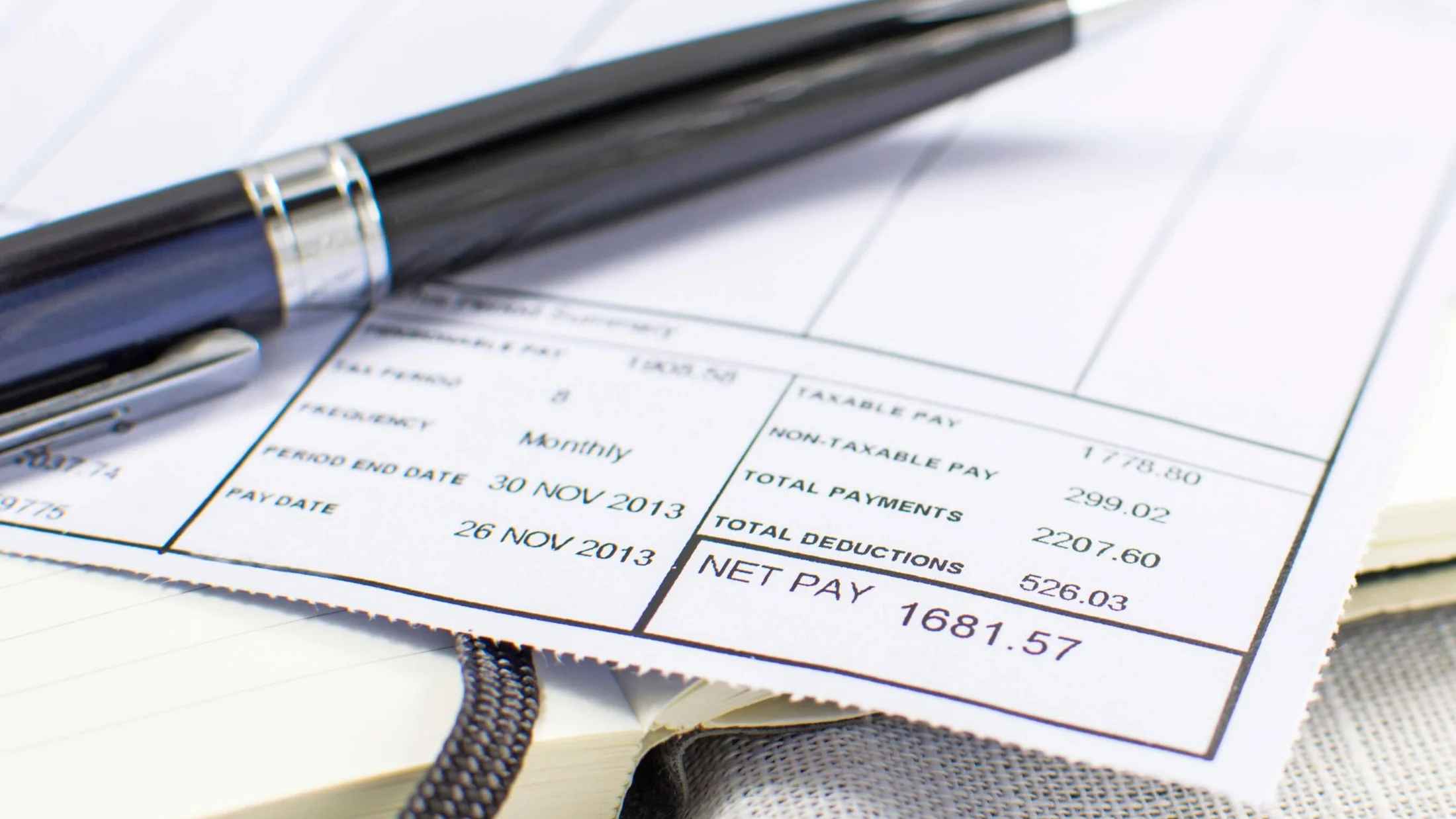What cover do I need?
The type of cover you need is related to what you do. Things like where you work, what you do, and how many employees you have are all important factors.
Want to know what type of covers you need? Simply click the description below that best describes you.
I am a:
- Home based businesses offering a service
Freelancers, small online businesses, tutors. - Professionals with an office space
Recruitment consultants, accountants, bookkeepers. - Online retailer
Online sellers such as more craft-related occupations such as Etsy sellers. - Shop owner
Physical retail locations, selling to customers in a real-world location. - Hairdressers and beauticians
Hairdressers, barbers, nail technicians and make-up artists. Anyone who offers a beauty service. - Tradespeople
Offering building, plumbing, electrical or a similar service.
Home based businesses offering a service
What should I consider?
The financial fall out from negligent services or advice: For this, you need professional indemnity insurance. It protects you against claims by clients who have lost money.
Protecting essential equipment: If anything happens to the equipment you need for running your business – such as laptops, tablets, printers etc – then it’ll be hard to work. For protection from accidental damage, loss, or theft, you need business equipment insurance.
You have employees: Most businesses in this category are one-man bands, but if you do have someone you employ (with the exception of immediate family) for any length of time - excluding third parties - you're legally obligated to have employers' liability insurance.
Professionals with an office space
What should I consider?
You meet with clients: If you interact with members of the public in any way, then you could end up liable if someone makes a claim for an accidental injury or damage to their belongings. For this, you need public liability insurance.
You’ve got expensive equipment: Without your tech, business comes to a halt. If you break a laptop or your tablet gets stolen – how are you going to complete the jobs you have outstanding? Business equipment insurance helps cover the costs of repairing or replacing your tech.
You have employees: When you’ve got staff it’s a legal requirement to have employers’ liability insurance. It protects you against claims in the event that they get injured or fall ill due to work.
You own the premises you’re working from: If you own the building your office operates from, then you’re liable for the fallout of any break-ins or unforeseen circumstances (like storms, fire, or floods).
Online retailer
What should I consider?
You make and sell your own products: What happens if a customer gets accidentally injured because of something they’ve bought from you? Whether it’s an infection from a piece of jewelry or an allergic reaction from a homemade cake, public and products liability can protect you from claims.
You have specialized equipment for your business: Most retailers have special equipment that makes their job possible. If they break down or get stolen then business will come to a halt. Protect them with business equipment insurance.
You have unsold stock: If you keep stock on-site or even the materials needed for your products then it would be wise to protect them in case someone breaks in, or something unpredictable - like a fire or flood - happens.
You post items to customers: Sometimes things go wrong with deliveries – shipping companies lose shipments, warehouses suffer break-ins, damages can happen in transit. Goods in transit insurance is an optional extra that can protect against this.
Shop owner
What should I consider?
Members of the public will come in and out of your shop: You’re responsible for the welfare of every customer or visitor to your store, so public liability is a good consideration if you have claims for accidental injuries or damages.
Something you sell makes a customer unwell or leads to injury: No matter what you sell, there’s a possibility of someone getting hurt by accident due to your products. Products liability – included as part of public liability – covers anyone who makes, sells, or supplies products or goods.
Cover for your shop staff: Most shop owners have staff who work for them, greeting customers, stocking shelves, and making sales. If your shop has staff of any kind, even temporary staff or volunteers, you legally must have an employers’ liability insurance policy in place.
Protection for your shop fittings, till, and stock: Every shop has contents, and if something goes wrong, you’ll want to get back up and running as soon as possible. With contents cover, protect contents up to £500,000. This also extends to your stock, offering protection across lost, stolen, or damaged stock.
The shop itself: If you own the property your business trades from, this cover protects your building from fires, storms, flooding, and more. It pays for the damage based on the value of your property at the time it happens.
Hair and Beauty professional
What should I consider?
You work on customers day in, day out: In a busy salon or packed-out barbers where accidents can happen unexpectedly, having public liability insurance is an important consideration to safeguard your business.
Your salon staff: Employers' liability insurance is an important consideration for any hairdressers and salon owners with staff. It provides protection against claims made by employees who may suffer work-related injuries or illnesses.
Your important equipment, such as scissors, clippers, hairdryers, and styling tools: The equipment you use is your bread and butter; without them, business will come to a halt. Plus, if you sell haircare products, then you also have stock that needs coverage. Contents insurance can help with this.
Tradesperson
What should I consider?
The dangerous nature of working in a trade: Accidents causing damage to a customer's property, or worse injury, aren't uncommon for tradespeople. That's why public liability insurance is such an important consideration for those working in a trade. It offers protection against financial loss due to compensation claims.
If you regularly give advice or consultations: Whether you need to purchase a professional indemnity policy depends on the nature of your work and the services you provide. If you find yourself regularly providing advice or services that could lead to financial loss for a client (e.g., consulting, design work, or project management), professional indemnity insurance should be a consideration.
If you take on contractors, apprentices, or trainees: If you run a one-person business, handling all jobs yourself, then you don't need to consider employers’ liability. However, if you hire contractors, have apprentices or staff of any kind, then it's a legal requirement.
The impacts of losing or damaging the tools of your trade: You can get cover for your tools, machinery, and other essential business equipment as an optional extra to your business insurance policy. This cover can include either owned or hired-in plant tools, depending on which is more suitable for your trade.
Whether you’re work is part of a larger project: Particularly relevant to tradespeople in the construction sector. If you’re building a new house or extending a property and the project is destroyed or damaged part-way through, contract works cover will protect you against accidental loss, destruction, or damage to the new structure.
Whether there’s high risk of your personally getting hurt on the job: Personal accident cover pays a lump sum in the event of death, total disability, or loss of limb or sight, should you suffer an accident while on the job. Given the high rate of accidents in trade roles, this optional add-on is a common consideration for many self-employed tradespeople.
The importance of business insurance
There's a lot more to deciding if you need a business insurance policy than meeting a contractual obligation or legal requirements. You should also consider some of the added non-tangible benefits of a business insurance policy when deciding which cover is right for you. These include:
Purchasing Business Insurance
Once you've decided on the right cover for your business, purchasing business insurance is simple. You can start a quote below and add or remove cover to get a policy tailored to your needs.
Our customers say...

Our customers’ reviews, independently moderated and managed by feefo. Based on 0 total reviews.









